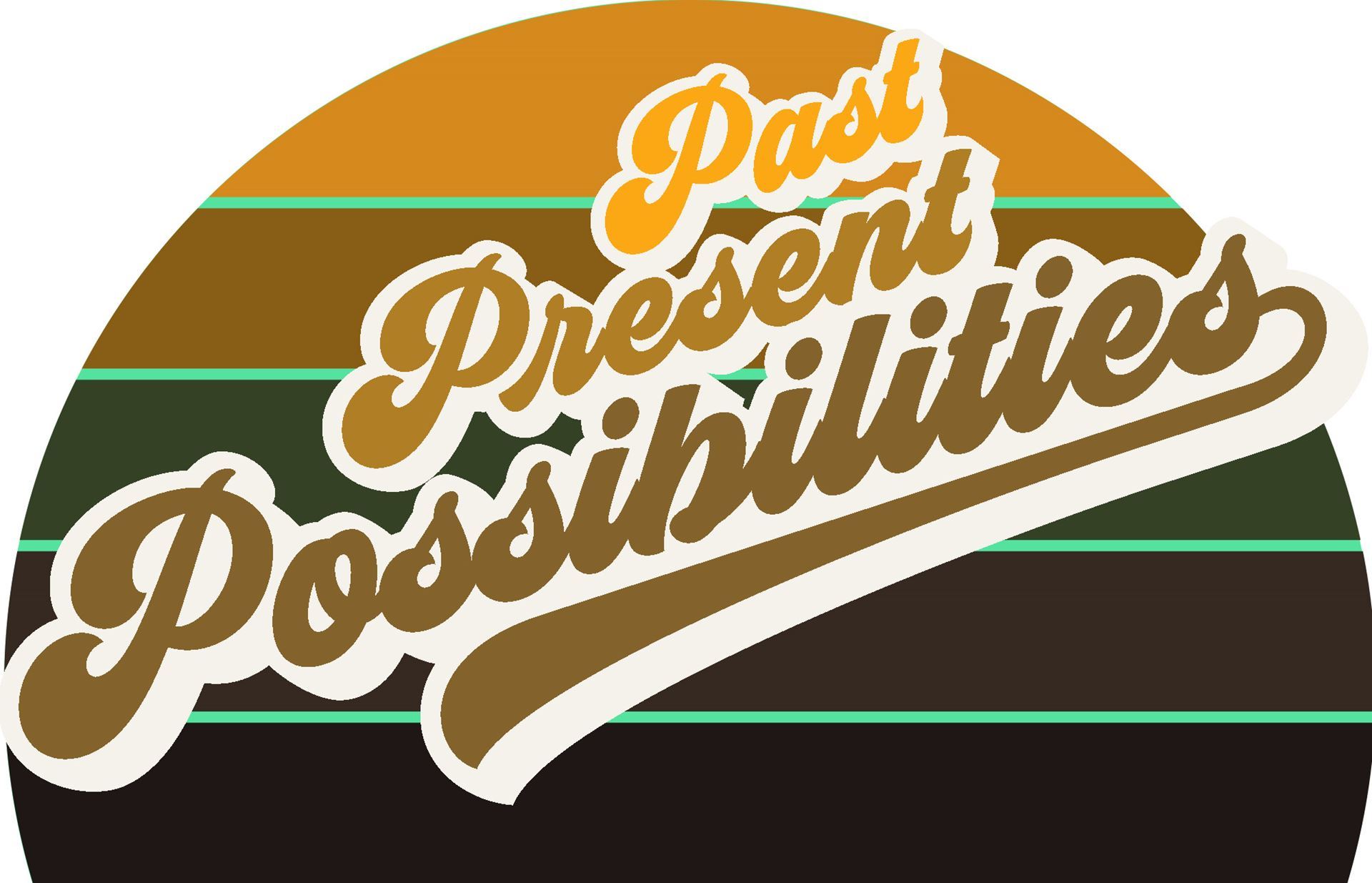|
SPRING 2023, 50TH ANNIVERSARY MEETING
PAST. PRESENT. POSSIBILITIES.
Meeting details
FULL PROGRAM (PDF) |SCHEDULE | WORKSHOPS | PLENARY SPEAKER | SPECIAL EVENTS | SESSIONS | REGISTRATION RATES
WORKSHOP REGISTRATION RATES | ACCOMMODATIONS | PARKING | VIRTUAL PROGRAMMING
RAMADAN | ACCESSIBILITY & CODE OF CONDUCT | PROGRAM COMMITTEE - SPRING 2023
The program committee of New England Archivist’s 50th anniversary meeting is excited to announce we will be returning to Portsmouth, New Hampshire March 30 - April 1, 2023 to hold our first in-person annual meeting since 2019!
This year’s theme is Past. Present. Possibilities. As we celebrate NEA’s 50th anniversary, this meeting offers us a chance to come together to reflect on the history of our field and the changes it has weathered. We urge members to think about archives workers in this current moment in time: about how our work affects our social, political, and environmental worlds. And as we look to the future, we are called to consider: what are the most important challenges and opportunities in the archival field taking shape on the horizon?
Schedule at a glance (Subject to change)
Thursday, March 30, 2023
|
||
| 9:30am |
Workshop (Virtual) Accessibility 202: Accessible Presentations, Exhibitions, and Audio/Visual Resources |
Gardner |
| 10:00am |
Tour of Portsmouth Athenaeum |
Portsmouth Athenaeum |
|
|
||
| 12:00pm |
Lunch on your own |
|
| 1:00pm - 2:30pm |
Registration |
|
| 1:00pm |
NEA Executive Board Meeting |
Gardner |
| 2:00pm |
Tour of Portsmouth Public Library |
Portsmouth Public Library |
| 2:00pm |
Workshop (Onsite) Surface Cleaning Techniques for Paper-Based Materials |
Lear |
Friday, March 31, 2023
|
|
|
| 8:00am - 12:00pm | Registration |
|
| 8:00am - 4:00pm | Vendor Showcase Open |
Conference Lobby |
| 8:00am - 8:45am | New member meetup & NEA Board meet and greet |
Ballroom |
| 8:45am - 10:00am | Plenary – Petrina Jackson, Lia Gelin Poorvu Executive Director of the Schlesinger Library (Ballroom/Livestream) |
Ballroom |
| 10:00am - 10:30am | All attendee break |
|
| 10:30am - 12:00pm |
Concurrent Sessions 1 1.1 New England State Historical Advisory Boards Summit (Ballroom/Livestream) |
|
| 12:00pm -1:30pm | Lunch on your own |
|
| 1:30pm - 2:30pm | Roundtable meetings |
Ballroom |
| 1:30pm - 2:30pm | New Hampshire Archives Group Meetup |
Prescott |
| 2:30pm - 3:30pm | IDC reading group and discussion (also available virtually) |
Harbor's Edge |
| 2:30pm - 3:30pm | The New Newsletter Town Hall |
Amphitheater |
| 3:30pm - 4:00pm | All attendee break (Sponsored by Northeast Document Conservation Center) |
|
| 4:00pm - 5:30pm |
Concurrent Sessions 2 2.1 Instruction Knowledge Sharing Across Boundaries through Communities of Practice |
|
| 7:00pm | All attendee reception |
Ballroom |
Saturday, April 1, 2023
|
||
| 8:00am - 12:00pm | Registration |
|
| 8:00am - 4:00pm | Vendor Showcase Open |
Conference Lobby |
| 8:30am - 9:30am | Annual business meeting with breakfast (Ballroom/Livestream) |
Ballroom |
| 9:30am - 10:30am | Plenary panel (Ballroom/Livestream) |
Ballroom |
| 10:30am - 10:45am |
All attendee break |
Ballroom |
| 10:45am - 12:00pm |
Concurrent Sessions 3 3.1 DEI in Academic Archives: Description and Access 3.2 Collecting Records for Closed Institutions 3.3 Virtually Helpful: Archives Volunteers and Digital Projects |
|
| 12:00pm - 1:30pm | Lunch on your own |
|
| 1:30pm - 3:00pm |
Concurrent Sessions 4 4.1 Creating Connections in Isolation: Three Archives’ Reference and Outreach Practices through the Pandemic |
|
| 3:00pm - 3:30pm | All attendee break |
|
| 3:30pm - 5:00pm |
Concurrent Sessions 5 5.1 Toward Principles of Anti-Oppressive Community Engagement (CANCELLED) |
|
Asynchronous Sessions
|
|
|
| March 26 deadline | Resume+ review! Sign up to be a reviewer or have your materials reviewed. |
Prescott |
Other Locations:
|
Respite Room: John Paul Jones |
|

